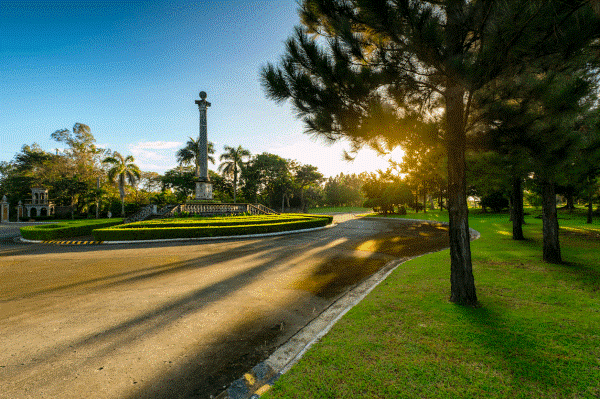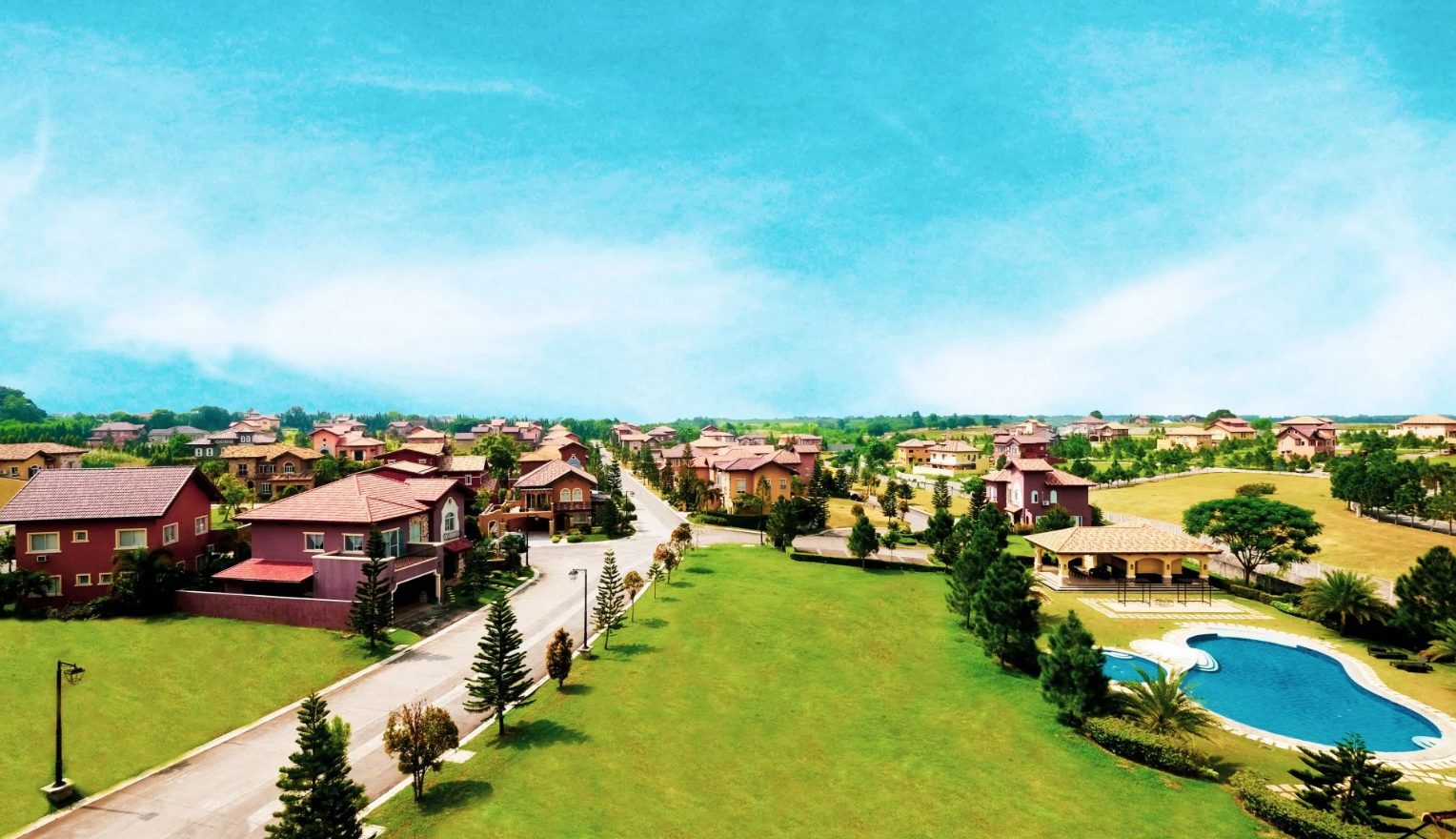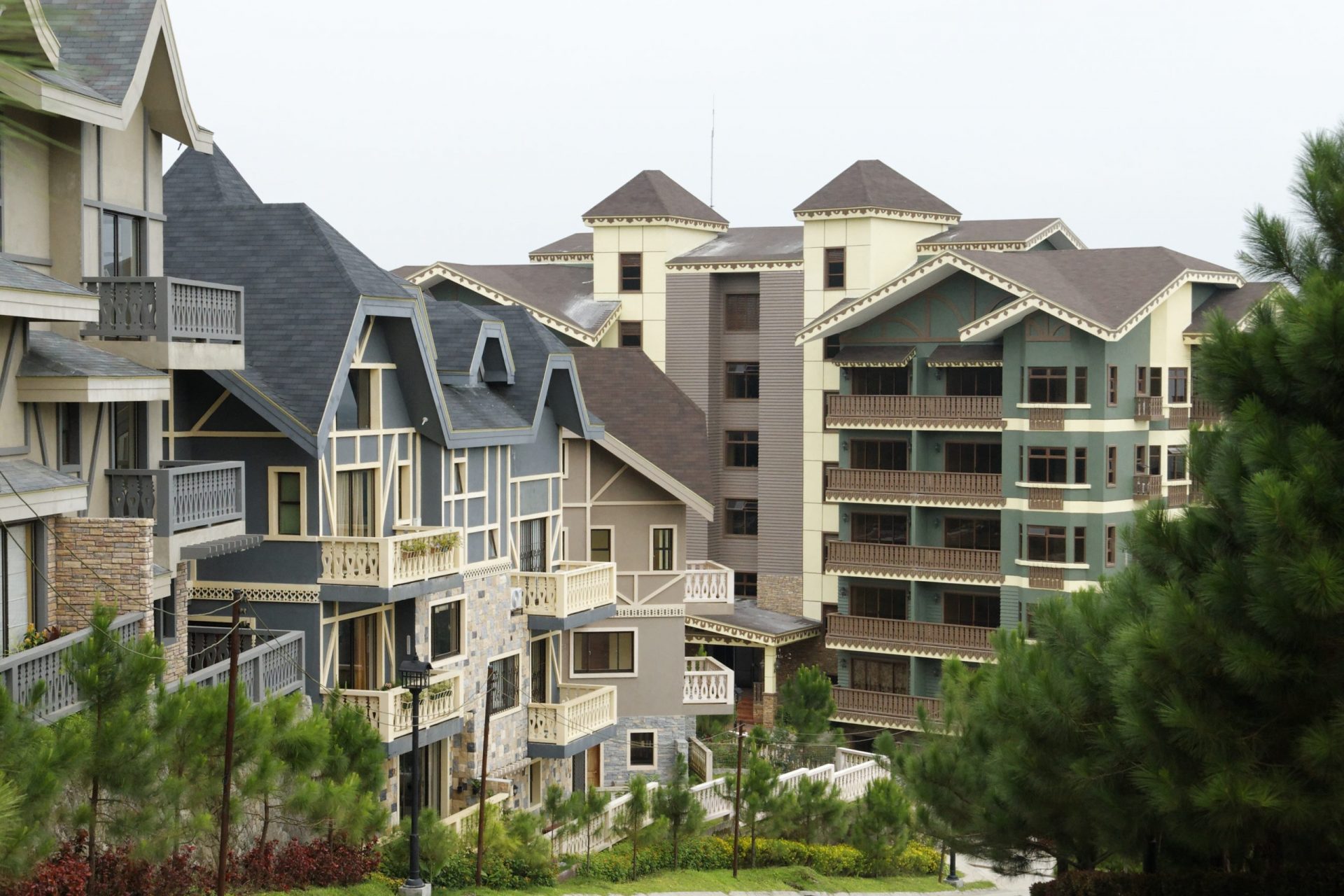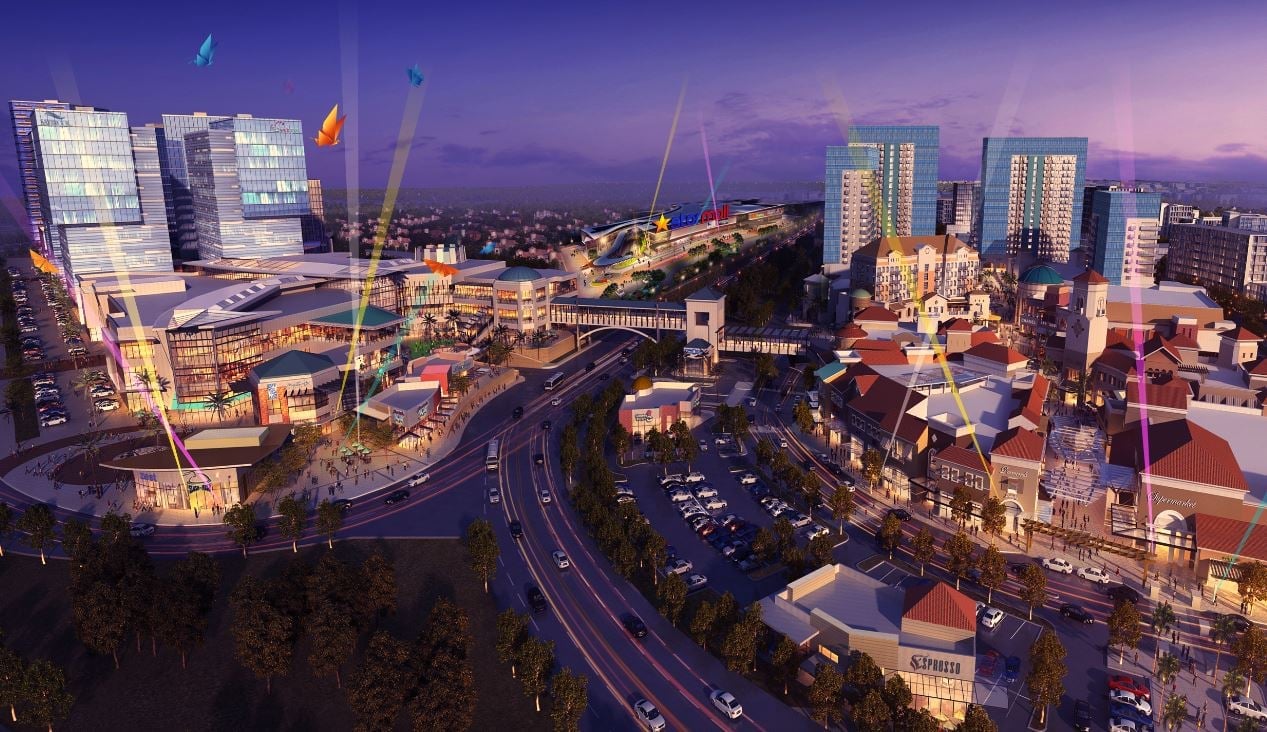BLOGS
POGOs are Back—Here’s Why
After a couple of years, the Philippine Offshore Gaming Operators (POGO) industry is now back in the Philippines. While there are many controversial opinions about this industry in general, the bottom line is that this comeback will have an impact on the country’s economy. From the perspective of the real estate sector, it is good news as more vacant offices and residential spaces in urban areas are expected to be slowly taken up once again.

What is POGO?
First things first, what is POGO? Basically, POGOs are companies that provide foreigners with online gambling services. These are familiar games like Blackjack, Poker, and Roulette that are facilitated using an online medium. Like their onsite counterparts, these games have a virtual dealer taking bets on the screen that is usually played by a woman dressed in revealing clothes. This virtual dealer and the people making up the games’ technical support are the POGOs.
Since POGO became a hot topic in the Philippines in recent years, a law specific to regulating POGO operations in the country has been enacted recently. Now, the Philippine law defines it as an entity, any offshore gaming service, that offers gaming activities of chance via the internet, software, or a network. These are created for authorized players outside the Philippines who are eligible for an online gaming account with a certain POGO company.
To sum up, POGOs are like casinos—only online.
Why do POGOs choose the Philippines?

The reason why thousands of these foreign nationals choose to fly to the Philippines and operate their POGO companies in the country is that online gambling is illegal in their home country, China. The alternative country that is closest and most affordable is the country where online gambling is allowed but even regulated by the government through the Philippine Amusement and Gaming Corporation (PAGCOR) and other authorities governing the area, such as the Cagayan Economic Zone Authority (CEZA), APECO (Aurora Pacific Economic Zone and Freeport Authority), and AFAB (Authority of the Freeport Area of Bataan).
The online gambling business has been around in the country for quite a long time and is still expected to grow in value globally. It is an in-demand industry, a sure way to make big money.
Suggested Read: What Is It Like to Own a Luxury Vacation Home?
Suggested Read: New Normal Advantage for Real Estate Professional
How do POGOs operate?
Despite the issues that surround the operations of POGOs, there are already regulations in place for the government to control this industry in the country. PAGCOR is in charge of the registration and licensing of POGOs. Without a PAGCOR-issued license, the operation of POGOs will be considered illegal—the business itself, including its workers.
There are three license categories for an offshore gaming corporation. The first category involves services that have live streaming with online gambling dealers. The second and third categories are sub-sectors of business process outsourcing (BPO) providing support back-end. However, the umbrella industry group of BPOs called the IT and Business Process Association of the Philippines (IBPAP) still does not consider POGOs as BPOs up to this day. The reason behind is the fact the POGOs get their license from PAGCOR, which differentiates this industry from BPOs.

According to a report in 2019, PAGCOR was able to grant licenses to 56 POGOs in the Philippines. These licensed POGOs hire mostly Chinese nationals as employees, around 100,000 to 250,000 of them. However, despite the regulations set by the government, there are also illegal POGOs operating in the country. In the same year, there were around 30 illegal POGO companies reported—more than half of the legal operators’ count.
One of the top issues that surround POGOs operating in the Philippines is that the majority of the employees of these businesses are Chinese nationals. There is a slim percentage of Filipinos that are employed in licensed POGO companies which makes it seem like a sketchy industry and not entirely good for the country’s economy.
What intensified this controversy is that one job listing on JobStreet posted publicly indicates a wage of P80,000 to P130,000 per month for a data analyst job in a licensed POGO company in the Philippines. Although written in Chinese, it became an issue because of the high compensation package with additional benefits such as allowances for accommodation, meals, and free airplane tickets to China and back, and its exclusivity to Chinese nationals. No wonder many foreigners take the chance and move here to the country for such a job.
There is also the issue of the previous administration being pro-China. The Philippine government allowing the operations of POGO companies in the Philippines is seen by some as a move to show allegiance to China. This infuriated many Filipinos as there is a long-time issue over the West Philippine Sea with the said country. This has been refuted by the administration, saying that allowing the POGO sector in the country is solely amove to help the economy through foreign investments and tax mandates on POGO operations.

Currently, all offshore gaming licensees are required to pay a five percent gaming tax on their gross gaming revenue earned from online gaming operations. This mandate is under the POGO law enacted in 2021, which also requires that POGO employees must secure a tax identification number (TIN) in the Philippines. It is because there is a final withholding tax from foreigners employed by POGO companies and their service providers of 25 percent on gross income, given that the minimum final withholding tax due from any taxable month from these people is not less than P12,500. While some find these tax mandates too expensive, some choose to comply because the Philippines is especially welcoming to visitors.
Currently, there are still discussions about the POGO controversies on a national level. Although, one thing is for sure: POGOs have a positive effect on the real estate sector.
Suggested Read: Make a Gaming Room From Unused Space
Suggested Read: Old But Gold: Why Classic Themed Mansions Are Making A Comeback
How does POGO affect Philippine Real Estate Business?
During the pandemic, the POGO industry still recorded a high number of transactions for the lease of new office spaces. There is a clear demand for commercial properties to cater to POGO companies. This is good news for the real estate sector, especially in this time of economic recovery. Foreign investments, whatever the nature of the industry is, are crucial and will help a lot in bringing back vibrance to the country’s economic situation.
One of the reasons behind the POGOs significance in the real estate market of the country is that the licensed POGOs alone take up an estimated 560,000 square meters of commercial space rented out by these companies for their online gaming offices. This is about 20% of the total office space in the country’s capital region. This is because PAGCOR, the regulating body for the business process association of POGOs, requires an office space of at least 10,000 sqm to operate legally.

Aside from commercial spaces, the comeback of POGOs in the country is also good for residential properties. With more foreigners flying back for their work at POGO companies, vacancy in residential spaces in nearby areas is expected to lessen significantly.
Business districts with steep rental prices that were badly hit during the strict lockdowns are expected to see some movements again with the operations of POGOs in the country. Even though the current number is still far from the pre-pandemic operations, there is already an upward trend of real estate transactions with POGO companies and employees. On top of these, POGO employees—whatever their nationality is—are contributing to the overall consumer spending in the country.
Bottomline
Gone were the days of free online games. Now, some online games are officially considered sports. Some, like in the case of POGOs, are considered luxury activities. While gambling is mostly not encouraged for people, there are still benefits that these activities provide when you look at it with a bigger picture in mind. The key is to have a perfect balance.
When it comes to luxury real estate, it’s important to find the right mix of style and convenience to give the family the luxury living experience they want. Brittany Corporation built award-winning luxury real estate developments in the Philippines that have the right amount of luxury and functionality. These properties are best for aspiring homeowners and investors from the affluent segment.
Brittany’s luxury houses and luxury condos are located at the country’s prime locations that are known for their beauty and accessibility. These exclusive, themed communities are in the South of Metro Manila, nestled with world-class features and amenities. Potential homebuyers can choose among the extensive portfolio of luxury real estate properties that are tailor-fitted to meet the dream lifestyle many people have always wanted.
Know more about Brittany’s luxury real estate developments! Go to Brittany’s official website or social media pages to get the latest news on their real estate offerings.

















